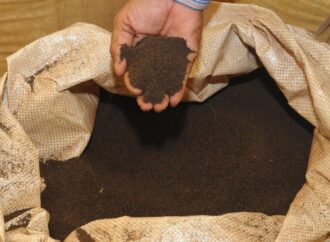Report
Major brands are strengthening contracts with quick commerce platforms after food safety violations surfaced at dark store facilities. They are revising agreements to tighten clauses on storage, handling, and hygiene, aiming to prevent incidents that could trigger consumer claims or regulatory action. Chandan Goswami, partner at law firm AT & Partners, said brands are keeping legal options open in cases of negligent handling that could expose them to customer complaints or scrutiny by regulators.
Licences Suspended and Reinstated
Earlier this month, the Maharashtra Food and Drug Administration suspended food business licences at Zepto’s dark store in Dharavi and a Blinkit-operated facility in Pune’s Balewadi for failing to meet food safety norms. After inspections confirmed compliance, authorities reinstated the licences.
Brands Demand Compliance and Audit Rights
Brands are now demanding clearer representations and warranties in their contracts to ensure strict adherence to FSSAI rules and proper food handling practices. Dheeraj Nair, partner at JSA Advocates & Solicitors, explained that many brands are adding strong indemnity clauses to protect against reputational or financial losses from lapses by platforms. They also want the right to audit the dark store facilities and fulfilment centres directly. “Quick commerce operators can no longer be treated as mere facilitators,” Nair said. “Brands see them as co-custodians of regulated goods, and want contracts to reflect higher accountability.”
Quick Commerce Market Booming
Legal experts pointed out that FSSAI guidelines already require formal written agreements between brand owners and platforms to confirm compliance. India’s quick commerce sector, which promises 10-minute deliveries, is booming, especially in metro areas where consumers pay a premium for speed. These platforms have expanded beyond groceries to include toys, jewellery, electronics, and limited apparel. According to Kearney, the quick commerce market will likely triple between 2024 and 2027, reaching ₹1.5–1.7 lakh crore.
Stricter Checks Going Forward
Sahil Narang, partner at Khaitan & Co, said brands and platforms will now scrutinise the representations and warranties in their contracts to ensure all licences, including those under the Food Safety and Standards Act, 2006, are in place. “The emphasis will stay on compliance, particularly for perishable goods where hygiene and storage matter most,” Narang added.
Source: The Times of India
 Food Manifest
Food Manifest 

















